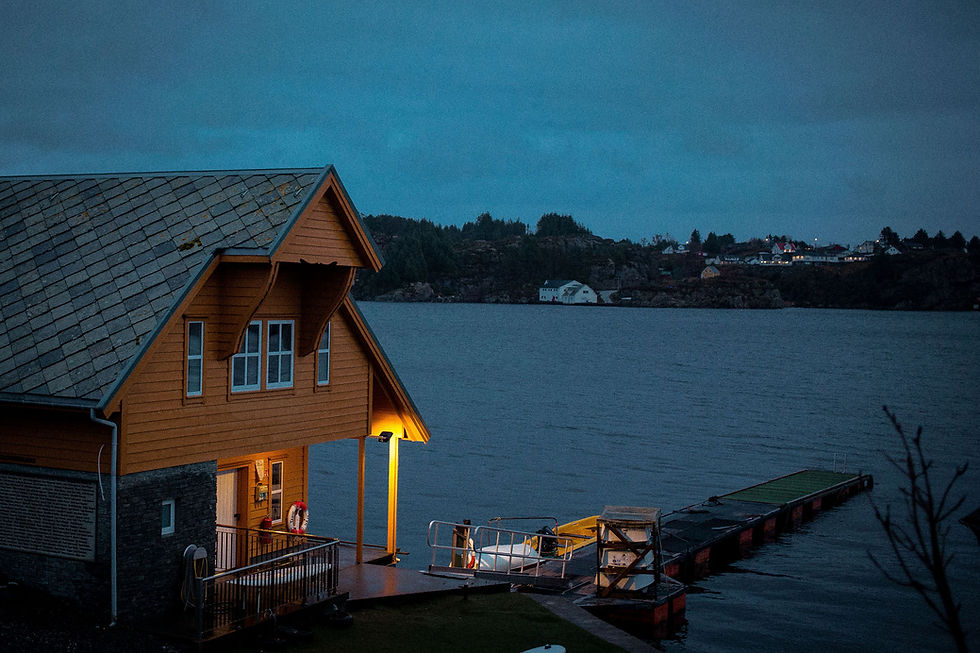The worst 20 things you could do to your home
- Tempurtech Admin
- Apr 1, 2022
- 3 min read
When it comes being home owner, everyone makes mistakes. You might be leaving your property open to major, costly damage without even recognizing it, no matter how careful you are. There is few tips how you can protect your house from your mistakes.

1. Keeping humidify above 55 percent
Everyone wants to keep their laminate or hardwood floors brand new and shiny. But did you know if you keep your humidifier above 55 percent, there is a high chance for moisture to seep into floor and make them swollen? For sake of your floors never set your humidifier at more than 55 percent.

2. Pouring grease down the drain
The sheer number of drain pipes that must be taken out and replaced astounds. Grease solidifies in drains, and ultimately, rock-hard grease will totally clog your drain pipe. We're limited in what we can do when this happens. When re-piping might be avoided, it happens all the time.

3. Putting too mulch against the side of your house
While mulch may help preserve your plants and hide uneven spots in your garden, placing it too close to your home can cause major harm over time. Mulch traps moisture, creating damage and making it simple for termites to get entrance to your property.

4 . Using hydrogen peroxide and vinegar together
When hydrogen peroxide and vinegar are used separately, they clean efficiently, but combining the two may do catastrophic harm to your home—and to your health. The combination will produce harmful peracetic acid, which may alter the color and texture of your delicate surfaces and may even cause chemical burns. Worse, the acid "may cause respiratory issues or skin irritation," according to the CDC.

5 . Keeping your water heater from being drained
You might be putting your property at risk of catastrophic damage if you don't empty your water heater at least once a year. Your water heater's mineral deposits create a thick, crusty covering that will begin to peel off and block faucets, drains, and the water heater valve.

6 . Keeping cracked caulk
Every 10 years, caulks around your house expire. Inspect your windows and doors, baths and sinks, and any other areas where you may have caulked before. Remove and replace any sealant that has dried up and cracked. After all, broken caulk isn't much better than none at all.

7 . Using the Wrong Type of Cleaner
What you get out of the cleaning materials important, whether you're cleaning floors, countertops, stove tops, or other surfaces in your house. Chemical cleaners should not be used on painted cabinets, water-based cleansers should not be used on laminate flooring, vinegar should not be used on granite, lemon juice should not be used on marble worktops, and so on. Dullness, warping, and erosion can occur as a result of this. Pay attention to the surface you're cleaning and do your homework.

8 . Letting sunshine in all day
Harsh UV rays can cause premature fading and discoloration to floors, especially hardwood flooring. Simply close your blinds when you're leaving the house in the morning.

9 . Sweeping NOT vacuuming
Sweeping has the potential to shorten your floor live spans. If you're going to mop or sweep, make sure you vacuum first to avoid dragging itty-bitty particles and abrasives—like sand—across the floor's surface, which can scrape or damage flooring.

10. Having no exhaust fan in the bathroom
You definitely have an exhaust fan in your bathroom. You might be inflicting major harm to your space without you realizing it if you don't run it for a few minutes when you come out of the shower. Mold begins to form when moist air meets full darkness.

11 . Putting appliances near your thermostat
Tha Appliance location is more important than you would believe. Because almost all appliances produce heat, placing them too close to your thermostat might cause it to record the rise in temperature and respond appropriately, resulting in higher summer expenses and a colder house in the winter.

12 . Not using your stove's exhaust hood
You might be jeopardizing the purity of the air in your house if you don't use the vent hood on your stove. To eliminate cooking odors and prevent moisture build-up, use a vented exhaust fan.

13 . Power washing your roof
The power washing is beneficial to your siding doesn't imply it's also beneficial to your roof. "If the granules on your shingle roof are blasted off with pressure washing, your roof will be exposed to the weather and deteriorate," says the expert.

14 . In the cold, leaving pipes exposed
Those exposed pipes in your very cold basement demand some insulation, and if you don't, you might be risking major harm to your property. "Any piping that runs through unheated areas of your home or is exposed to the elements is likely to freeze and break," experts say.

15. Letting your gutters have ice dam
Ice dams may be quite damaging to your property. They can rip your gutters off, loosen your roof's shingles, and cause a water backup that will flow into your home.





Comments